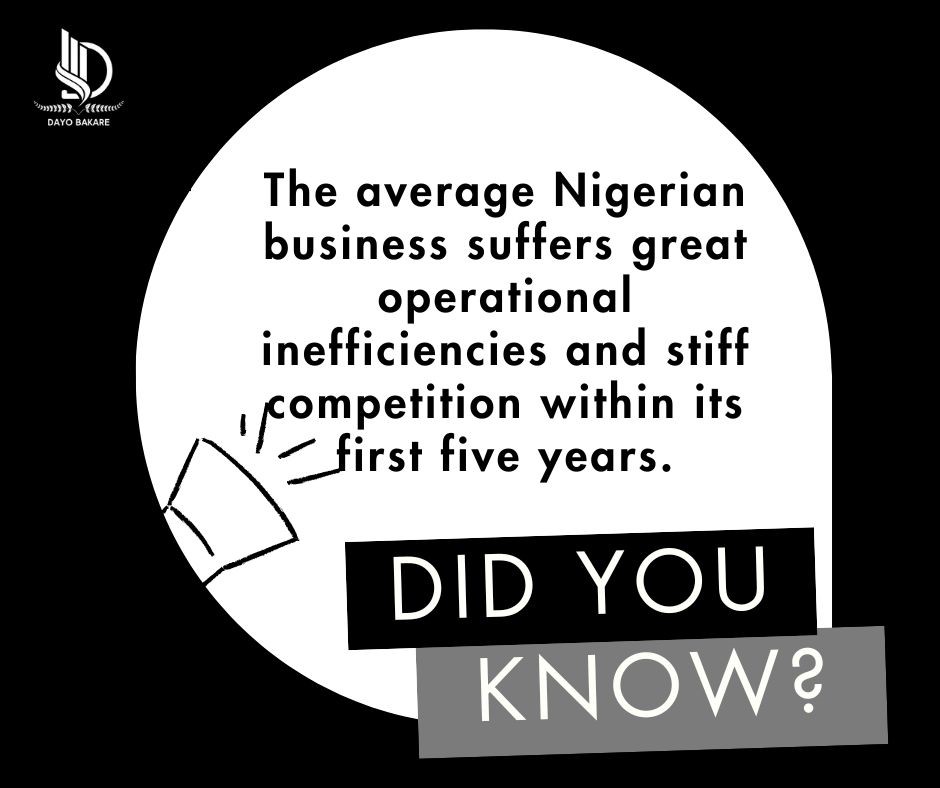Introduction
Konga, a leading Nigerian e-commerce platform, has had a fascinating trajectory marked by both failure and resurgence. Founded in 2012 by Sim Shagaya, Konga was envisioned as a solution to the challenges of retail in Nigeria, such as poor infrastructure, limited consumer options, and logistical difficulties. While the platform initially gained traction and was heralded as a promising player in Africa’s burgeoning e-commerce market, it faced significant setbacks due to operational inefficiencies and intense competition. These challenges culminated in its acquisition by Zinox Technologies in 2018. This article delves into Konga’s initial failure, analyzing the operational and competitive factors that led to its struggles.
THE VISION OF KONGA: A PROMISING START
Konga was launched during a period of optimism for Nigeria’s digital economy. With a population exceeding 200 million, a growing middle class, and increasing internet penetration, the e-commerce market appeared ripe for growth. Konga aimed to leverage these opportunities by offering a wide range of products, from electronics to groceries, and promised convenient home delivery. By 2014, it had introduced an innovative payment-on-delivery system, which appealed to Nigerian consumers wary of online fraud.
In its early years, Konga attracted substantial investment. Notably, it secured funding from global investors such as Naspers and Kinnevik, raising over $79.5 million by 2015. This influx of capital allowed Konga to expand its operations and infrastructure, including the establishment of KOS, its proprietary logistics service. At its peak, Konga was a strong competitor to Jumia, another major player in Nigeria’s e-commerce space.
OPERATIONAL INEFFICIENCIES: THE ACHILLES’ HEEL
Despite its promising start, Konga struggled with significant operational inefficiencies that hindered its growth. Among these were:
Logistical Challenges:
Nigeria’s infrastructure posed a major hurdle for e-commerce operations. Poor road networks, unreliable postal services, and inconsistent addressing systems made timely deliveries difficult. Although Konga invested in KOS to mitigate these issues, the logistics system was costly and unsustainable in the long run. Reports indicated that delivery delays and high shipping costs discouraged repeat purchases, eroding customer trust.
Cash Burn from Payment-on-Delivery Model:
While the payment-on-delivery system was popular among Nigerian consumers, it came with considerable risks and costs. High rates of order cancellations, failed deliveries, and fraud added to the company’s financial burden. Additionally, the operational costs of maintaining this model outpaced the revenue generated from completed transactions.
Inadequate Inventory Management:
Konga’s initial reliance on a first-party retail model, where it owned and stocked inventory, proved inefficient. This approach tied up significant capital in inventory, and unsold stock became a liability. Unlike Jumia, which transitioned to a marketplace model earlier, Konga was slow to adapt, further straining its resources.
Limited Scalability of Technology:
The platform’s technological infrastructure was not robust enough to handle the scale of operations as it grew. Frequent website downtimes and technical glitches frustrated customers and deterred new users from engaging with the platform.
COMPETITION: A FIERCE BATTLEGROUND
The rise of competitors, particularly Jumia, compounded Konga’s woes. Jumia, launched earlier in 2012, adopted a more agile marketplace model, allowing third-party sellers to list products. This approach reduced Jumia’s operational costs and enabled it to scale more rapidly. By 2015, Jumia had a larger market share and a broader product offering, solidifying its position as Nigeria’s leading e-commerce platform.
Other players, such as PayPorte and Dealdey, also entered the market, intensifying competition. These competitors targeted specific niches or offered aggressive discounts, further fragmenting the customer base. Konga’s inability to match Jumia’s marketing spend and brand visibility put it at a disadvantage. For instance, Jumia’s parent company, Rocket Internet, had deeper pockets and was more adept at leveraging international resources to sustain its operations.
FINANCIAL STRUGGLES AND DECLINE
By 2017, Konga’s financial challenges became glaring. Despite the substantial investment it had received, the company struggled to achieve profitability. According to reports, Konga’s revenue in 2016 was $13.8 million, far below the expectations of its investors. Operational costs, including logistics and warehousing, outpaced revenue growth, leading to significant losses.
Konga’s valuation plummeted, making it increasingly difficult to attract further investment. Meanwhile, Jumia continued to secure funding and expand its presence across Africa, widening the gap between the two platforms. By early 2018, Konga was on the brink of collapse, prompting its acquisition by Zinox Technologies.
THE ZINOX ACQUISITION AND A NEW BEGINNING
In February 2018, Zinox Technologies acquired Konga in what was described as a strategic move to consolidate the e-commerce and technology space in Nigeria. The acquisition included both the e-commerce platform and its logistics arm, KOS. Under Zinox’s leadership, Konga underwent significant restructuring, including a shift to a marketplace model, a focus on business-to-business (B2B) transactions, and the Integration of its logistics operations with Zinox’s broader infrastructure.
LESSONS FROM KONGA’S INITIAL FAILURE
Konga’s initial struggles offer valuable insights into the challenges of building a sustainable e-commerce business in emerging markets like Nigeria:
Adaptability:
The e-commerce landscape is dynamic, requiring businesses to adapt quickly to market demands and operational realities. Konga’s delayed transition to a marketplace model exemplifies the risks of slow adaptation.
Infrastructure Challenges:
Poor infrastructure remains a significant barrier to e-commerce growth in Nigeria. Companies must develop innovative and cost-effective solutions to overcome logistical and infrastructural hurdles.
Sustainable Business Models:
While customer-friendly policies like payment-on-delivery are essential for gaining trust, they must be balanced with financial sustainability. A hybrid approach could have mitigated Konga’s losses.
Effective Competition Strategy:
Competing in a crowded market requires a clear value proposition and strategic differentiation. Konga’s inability to match Jumia’s pace of innovation and marketing strength contributed to its decline.
Conclusion
Konga’s journey from a promising start to initial failure underscores the complexities of operating in Nigeria’s e-commerce space. While operational inefficiencies and competition were significant contributors to its struggles, its story also highlights the resilience and potential for revival under effective leadership. Today, under Zinox’s management, Konga is re-emerging as a key player in Nigeria’s digital economy. For other aspiring e-commerce ventures, Konga’s experience serves as both a cautionary tale and a source of inspiration.

